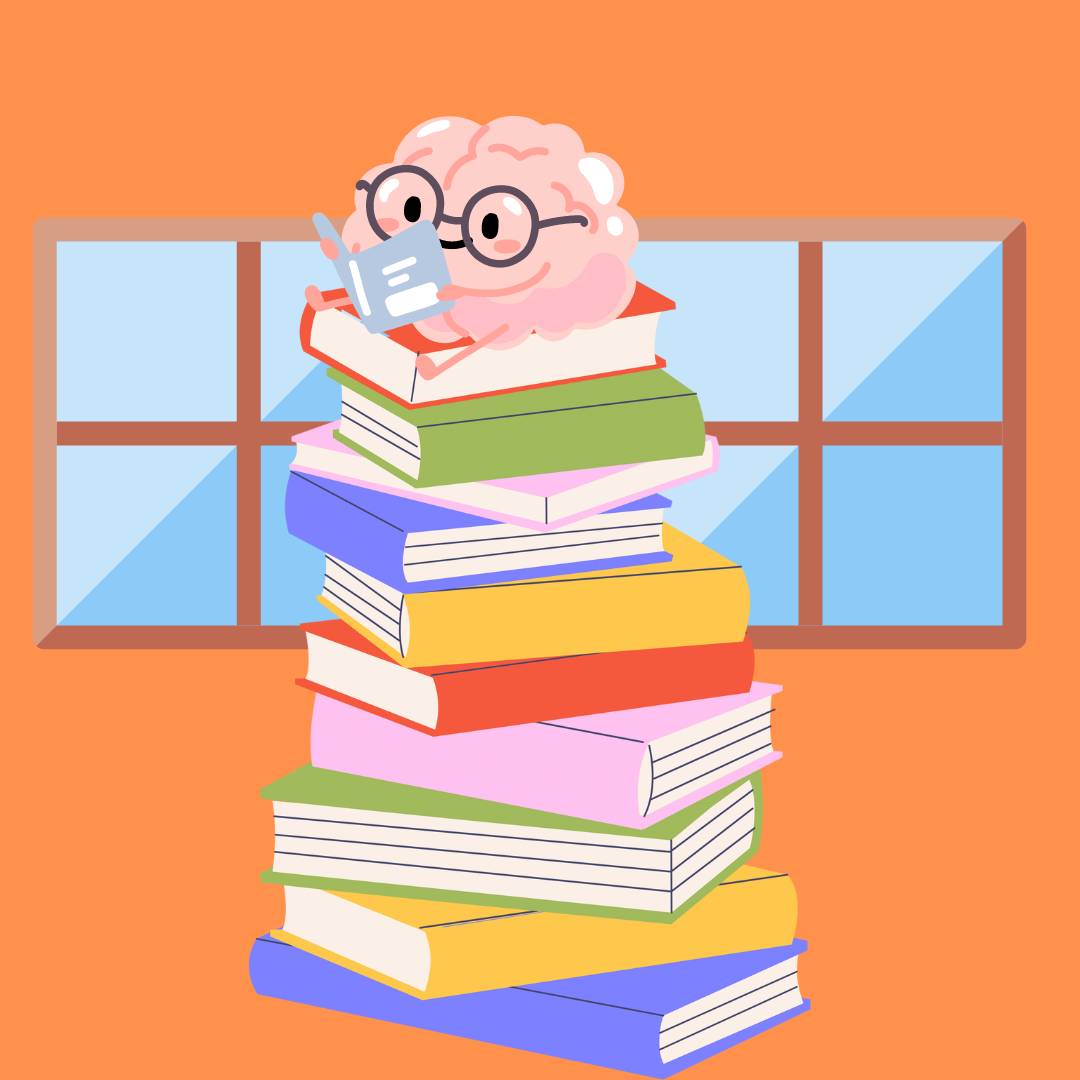You don’t want to read. I don’t want to read. You may have only picked up this paper and dragged your distracted eyes to the Opinion section to say, “I’ve read today.” To have that sense of accomplishment. No. Beyond accomplishment. It’s a step towards internal superiority — the most superb possible form of gratification. I’ve read today. I didn’t care what it was. Could’ve been a damn menu. All that matters is that I did and you didn’t. Is this shallow? Yes. Is this something that the pretentious reader would deny? Also yes. Does that make it bad? No!
I cannot possibly emphasize enough how dangerous the recent phenomenon of not only youth but people in general simply not reading anymore is. In the United States, 80% of teenagers no longer read daily, and the adult population reading books has declined by 7% in the past decade. This is a societal shift that could be detrimental to our world if it continues at its current rate.
We’ve examined why people read. Let’s examine why people don’t. Often, it’s a fear of commitment or wasting time or energy on something that would be more valuably spent elsewhere. I’m going to allot 30 minutes to read the book that’s been rotting on my shelf for six months. But I have practice at 6 p.m., and I should grab some food from Urban Kitchen so I have enough energy later. This is the problem. In this scenario that I’ve had, you’ve had and any literate human being has had, the opportunity of distraction — which has such a tangible and easily comprehensible value — completely trumps the value that would come from having read. You know you will be energized if you have that Caesar wrap from Urban. It’s easy to conceptualize. We like things that are easy. It’s much more difficult to comprehend the value that will result from reading. The actual value is what needs to be understood.
The initial gratification of reading is a form of value, but that’s not the whole reason. What’s the real meat? Most of us think: “Well, I’m not someone who enjoys books, so there isn’t a greater value that could come out of this, besides, like, knowledge… maybe.” This very belief of there needing to be enjoyment is what stifles any potential commencement. There are so many greater results than any form of glee. I consider myself a moderately well-read person, and rarely have I found myself closing the back cover of a book and thinking, “God, wasn’t that a thrill?” Yet, the value I obtained has always been far superior to that of pleasure.
So many different books present such a variety of values. I’m really trying not to sound like your grandmother; just hear me out with these examples. Take Niccolo Machiavelli’s “The Prince.” When people hear about a book where some Italian guy lectures you on how to lead your life like a prince when he never even was one, “NEXT!” is all you think. But this book is so extraordinarily motivating that I would caution you away from wasting the opportunity to read it. The brilliant rhetoric encourages shrewd yet ruthless behavior. It must be strategically reserved for the perfect time in your life, such as when you’ve landed that internship and have to show everyone in Goldman Sachs who the most cutthroat, ambitious workhorse is.
Consider Fyodor Dostoevsky’s “Crime and Punishment.” I know. You look at those 650 pages and think, “There’s no way in hell I’m even glancing at that old Russian prude.” But trust me, this novel is life-changing. We all have moments of uncertainty with our identity, where we find ourselves questioning whether we have that indefatigable ambition or will to spill blood without a second thought. The type of mindset society often convinces us we must have in order to survive. Through an impeccable articulation of the main character, Raskolnikov, his internal dilemma and its effect on his physical and mental well-being, Dostoevsky instills the value of not giving in to societal pressure but staying true to your nature and thriving in your own persona.
The belief that the only thing we have to gain from books is knowledge is a false and unmotivating stigma. Through reading, you change. Through exposure to various characters, you develop your own, becoming an accumulation of ethics, values and mentalities. You think critically. You question yourself. You question society.
On a grander scale, my fear of how a lack of reading will be detrimental to our society stems from this lack of individual character development. The other day, I was eating breakfast with some friends at the McShane Campus Center. Someone sat down next to me and pulled out Thoreau’s “Walden.” We hurled into an in-depth discussion, and afterward, the kid asked me, “Why in God’s name are you in Gabelli?” That is the frightening question that prompted this article. Why would someone studying finance be interested in literature? Our society has pushed towards burrowing in your niche, cutting out all “distractions” to be as successful in your field as possible.
Living in the extreme capitalist society we do, the world’s leaders are the finance majors. Their decisions affect the way the world functions. If those people have not been educated in the most valuable form; that being, through reading, learning to question yourself, adopting open mindsets and being willing to change and adapt, how can we trust them to make the correct ethical decisions? How can we know each problem was approached from a variety of lenses? How can you know they care about you?
I don’t care what it is. It could be the back of a cereal box, for all that matters. Read something if you care about anything.
Kingsley Marin, GSB ’28, is a finance major from Los Angeles, Calif.










































































































































































































Daniella Oviedo • Oct 4, 2024 at 2:13 pm
Inspirational.